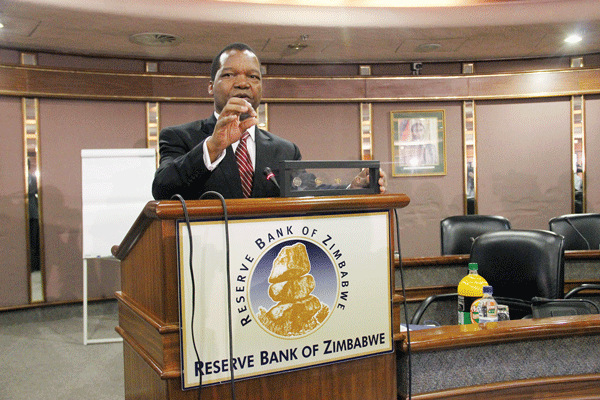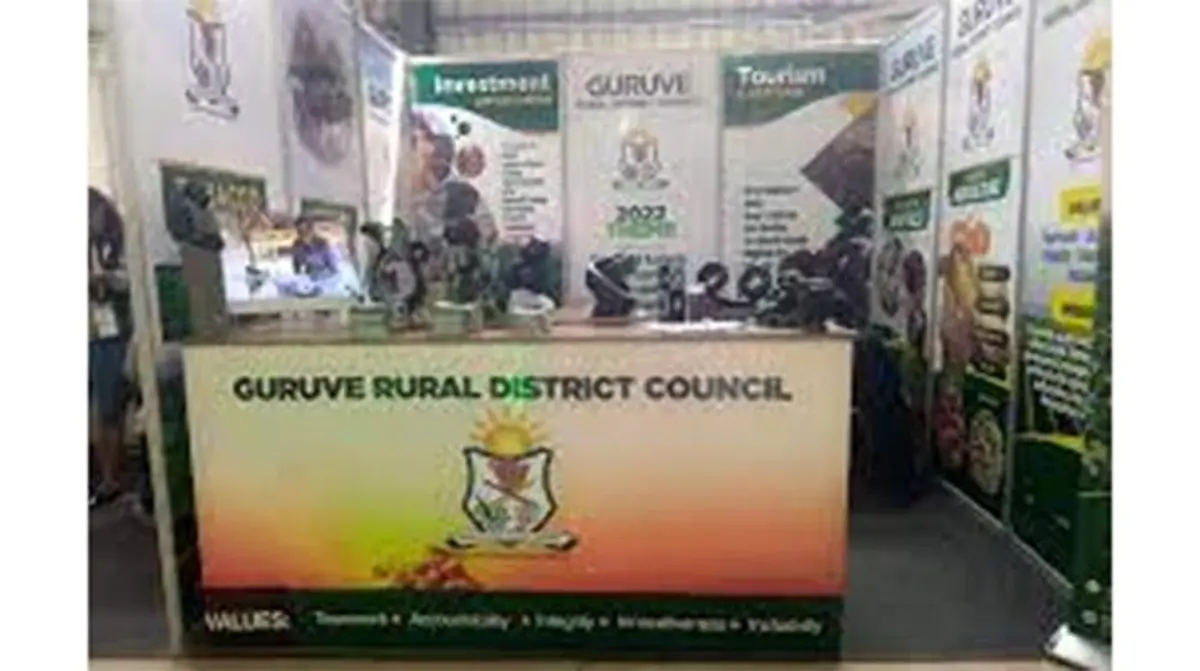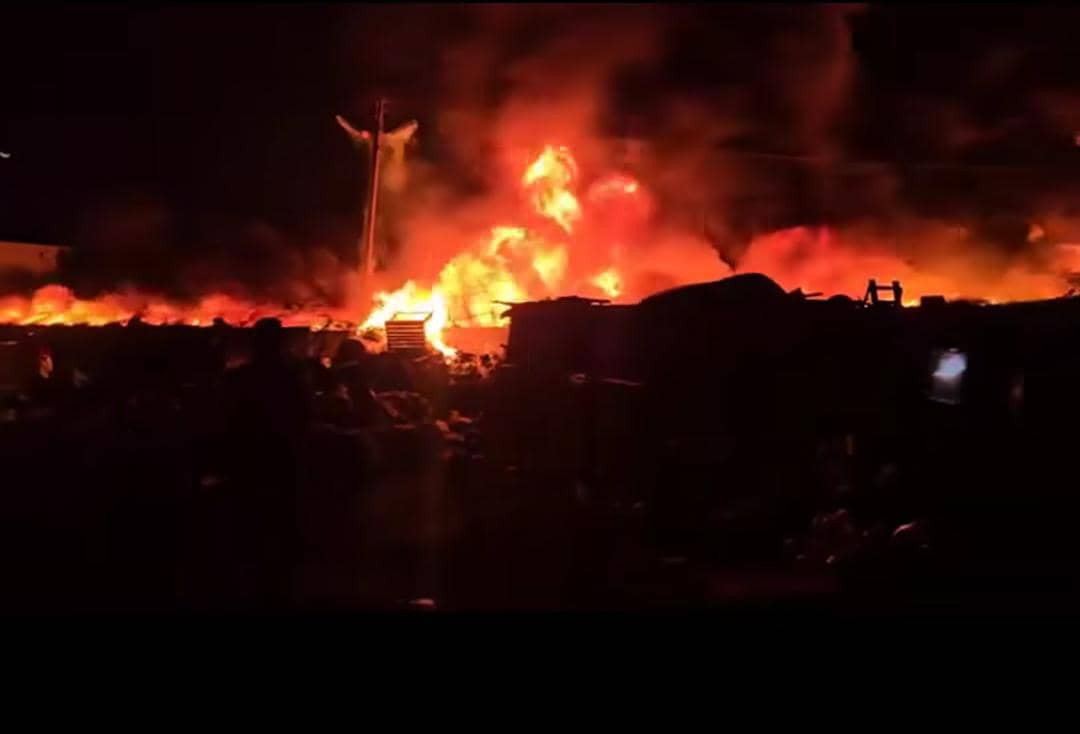
THERE was divided opinion over bond notes at a Public Hearing on the Reserve Bank of Zimbabwe (RBZ) Amendment Bill and Public Procurement and Disposal of Public Assets bills meeting in Bulawayo, with some people calling for a referendum on the surrogate currency, while others suggested the government should return the Zimbabwean dollar.
BY KHANYILE MLOTSHWA/NQOBANI NDLOVU
The chairperson of the Parliamentary Portfolio Committee session at the Large City Hall, Harare East MP, Terence Mukupe said even though the bond notes had already been introduced, the august House still had to consult the public, as part of the law.
“You may be asking yourselves why we are here when the bond notes are already in circulation. The President and his ministers, as the Cabinet, are separate from Parliament,” he explained.
“According to the law, the President and his ministers have powers giving him 180 days to regularise whatever he would have legislated as part of his emergency powers. He does this by bringing a Bill to Parliament and explains to Parliament what they have done.
“As Parliament, we cannot debate the Bill until we get views from the people. This is what we are doing here, to solicit your views.”
When Mukupe opened the floor to contributions, he unlocked a flood of emotions from members of the public, who said they were still haunted by the bearer cheques, which caused havoc in the economy after their introduction in 2008.
“I am carrying a lot of pain about this thing,” one woman, who identified herself as Chido, said.
- Chamisa under fire over US$120K donation
- Mavhunga puts DeMbare into Chibuku quarterfinals
- Pension funds bet on Cabora Bassa oilfields
- Councils defy govt fire tender directive
Keep Reading
“I have bucket loads of bearer cheques, and I suspect the bond note will go the same way. What will you (government) do to maintain the value of this bond note?
Please, you (MPs) are our representatives, go and tell the RBZ governor not to play around with us as if we are footballs. We are Zimbabweans and have faith in our country, and we expect our leaders to do the same.”
Takunda Madzata expressed reservations at the introduction of bond notes, saying the government was acting in bad faith.
“Suppose the people say ‘No’ and it goes to Parliament, what is going to happen? The issue of bond notes was discussed a long time ago, around May; why is the President doing it now as if it’s an emergency?
“People have been sjamboked for saying ‘no to the bond notes’. Even now, we are saying ‘no to bond notes’. We have a government that lacks consistency in terms of policies,” he said.”
Percy Mcijo urged Parliament to block the bond notes Bill.
“This process is meant to legitimise the process because the bond notes are already out,” he said.
Some contributors like Misheck Gumbo said they were in full support of the bond note.
“We support the bond note as SMEs (small and medium enterprises),” he said.
“It has come as a painkiller. If you say you don’t want a bond note, then what will you give us?
“Why should a bond note be regarded as bad just because it is made in Zimbabwe? All we want is the government to start acting on unscrupulous businesspeople refusing the bond note or starting to say there are different prices in terms of bond notes and US dollars.”
Meanwhile, the clergy have appealed to central bank governor, John Mangudya (pictured) to increase their daily withdrawal limits, saying church projects, such as feeding the vulnerable people, have been grossly affected.
Zimbabwe Christian Alliance director, Useni Sibanda said churches were failing to access their money from the banks, leaving the poor, who survive on their handouts, poorer.
Sibanda said even non-governmental organisations, who survive on donor funding, have also been grossly affected by the $300 daily withdrawal limits.
“Churches and non-governmental organisations receive lot money from outside. Now they cannot access their money to implement their various pro-poor projects,” he said.
“We are appealing to RBZ authorities to revise upwards the daily cash withdrawals of churches and non-governmental organisations.”











